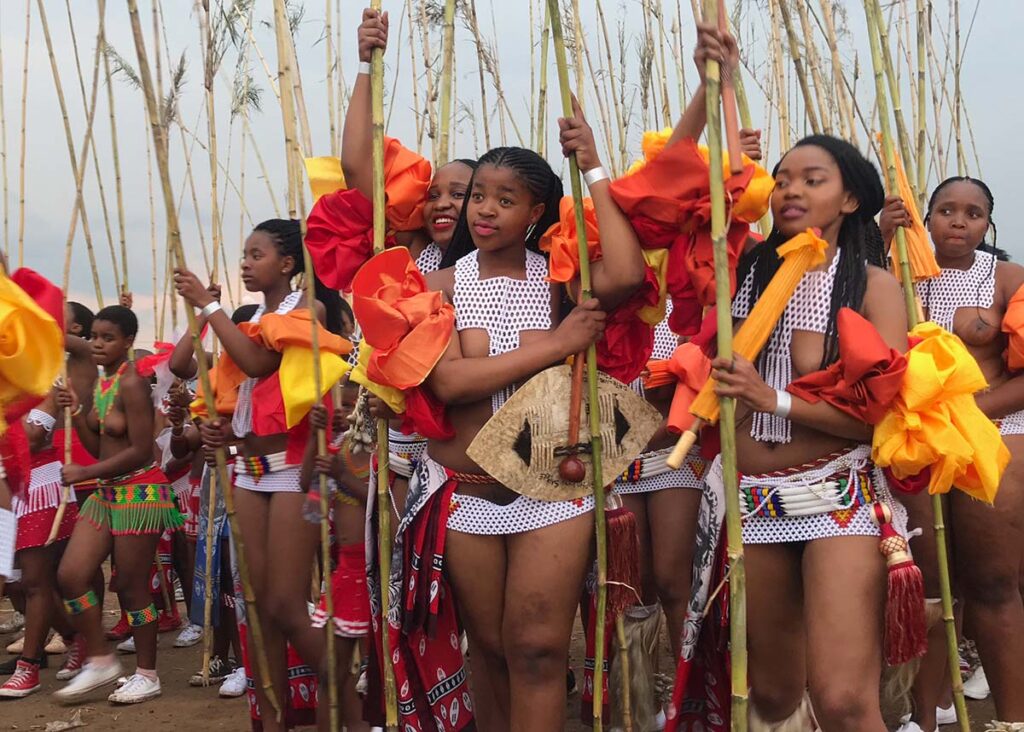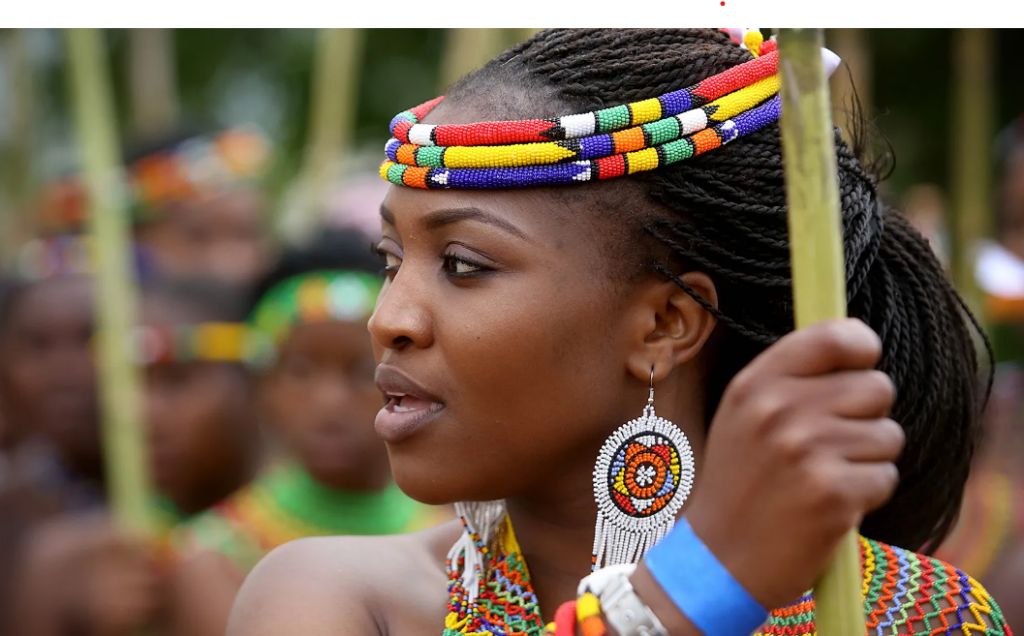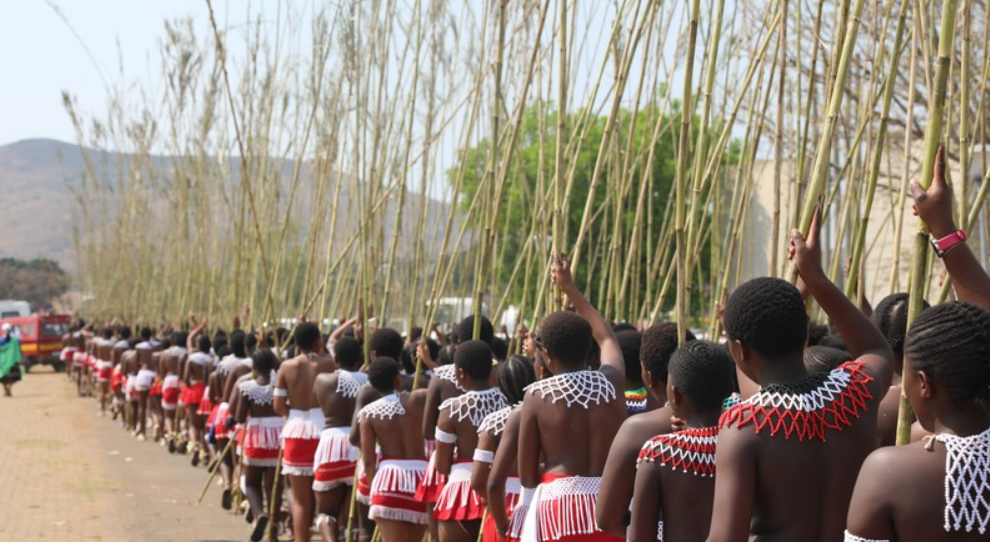
The Zulu Reed Dance, known as “uMkhosi Womhlanga” in Zulu, is a cultural celebration in South Africa that honors young Zulu women. This tradition is a vibrant and joyful spectacle that has been practiced for generations, showcasing the Zulu people’s deep respect for their cultural heritage and the significance of womanhood. In this article, we take a closer look at the Zulu Reed Dance, its history, and its cultural importance.
The Zulu Reed Dance is an annual event that typically takes place in late August or early September. It brings together thousands of young Zulu women from different regions to participate in a colorful and lively display of dance, music, and cultural pride. The central element of the dance involves the women carrying reeds to the royal palace, symbolizing their respect for the Zulu monarchy and their commitment to preserving their culture.
Participation in the Reed Dance is a rite of passage for Zulu girls, marking their transition from girlhood to womanhood. It’s an opportunity for them to learn about their cultural heritage, traditional values, and the importance of unity among women.

The event is not just a celebration but also a platform for discussing important issues such as HIV/AIDS awareness and gender equality. The Zulu Reed Dance is a testament to the resilience of Zulu culture and the significance of cultural traditions in South Africa. It serves as a reminder that traditions, even in a rapidly changing world, can continue to play a vital role in fostering a sense of identity and unity among communities.


